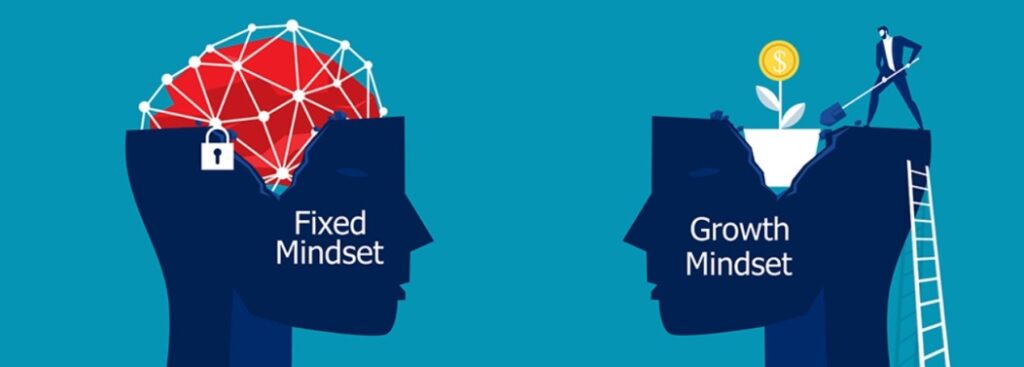5 Tips for Building a Strong Foundation for Academic Success
Academic achievement is something that both students and instructors strive for. In any case, achieving it extends beyond the attention of prior tests. A firm foundation is the key to long-term academic success. In this blog, we will dive into the meaning of establishing a strong academic institution and explore feasible methods of establishing one, enabling understudies to triumph in their educational journey.

Keys to Academic Success
Laying the Groundwork: Fostering a Passion for Learning
verified energy for learning is at the heart of a serious establishment’s areas of strength. This passion is nurtured from an early age, creating a hunger for expertise and curiosity. Encourage students to research an assortment of subjects, read outside their educational materials, and engage in practical instruction to foster a continuous interest in knowledge. When scholars participate in their study time, they become energised, curious, and engaged pupils paving the path for long-term academic accomplishment.

Mastering Fundamental Skills
The basis of education is built on key competencies such as reading, writing, and fundamental science. Students who excel in these fundamental skills are better able to absorb complicated topics and effectively communicate them. Teachers and parents may help children acquire those abilities by offering gentle instruction and constructive feedback. Children have the confidence to manage more sophisticated courses and thrive in numerous scholastic sectors by assuring areas of strength for their foundations.
Developing Critical Thinking and Problem-Solving Abilities
Improving one’s ability to reason decisively and critically is vital for an excellent academic institution. It is crucial to educate pupils to challenge their preconceptions, critically scrutinise material, and analyse it. Participate in talks, conversations, and true critical thinking scenarios with them. These abilities allow learners to address obstacles with intelligence and imagination, resulting in adaptive learners who can flourish in demanding academic situations.

Emphasizing Organizational and Time Management Skills
A good intellectual foundation must be established outside of the learning environment. Authority and time management skills are essential for managing projects, deadlines, and auxiliary commitments. Demonstrate to students effective planning skills, setting targets, and the art of prioritisation. A well-organized student may handle their own lives, schoolwork, and hobbies more effectively, lowering stress and boosting overall success in school.
Cultivating a Growth Mindset
In nurturing areas of ability for a, instill a growth mindset in understudy. Instruct children that understanding and capacities may be developed via dedication and hard effort. Encourage children to accept challenges, learn from setbacks, and persevere in the face of adversity. A growth outlook stimulates adaptability and an inspiring viewpoint towards learning, enabling trainees to regard obstructions as opportunities for improvement rather than barriers to advance.

Developing a love of studying, mastering essential skills, honing intellectual abilities, emphasising organisation and time management, and creating a growth mindset are all steps in establishing an adequate basis for a successful education. With this solid foundation, students may embark on a rewarding educational journey, achieve their goals, and reach their full potential. Remember that a firm foundation offers the door to a promising future full of opportunities for progress and achievement.




